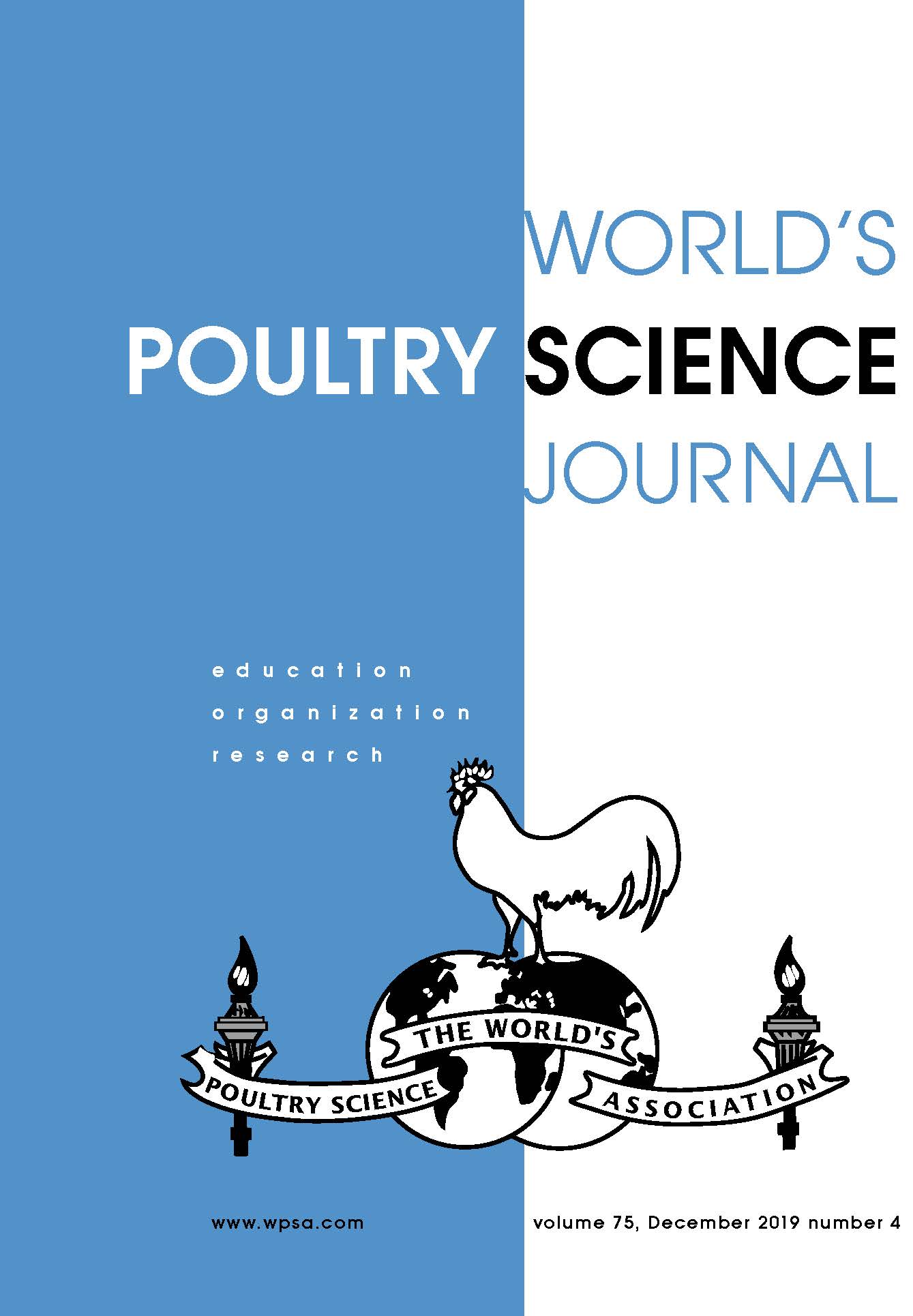Article contents
Interactions of Aspergillus fumigatus with the respiratory system in poultry
Published online by Cambridge University Press: 21 March 2017
Abstract
Aspergillosis is an infectious, non-contagious fungal disease caused by species within the ubiquitous opportunistic saprophytic genus Aspergillus, in particular Aspergillus fumigatus. In poultry, infection by A. fumigatus may induce significant economic losses particularly in turkey production. A. fumigatus develops and sporulates easily in poor quality bedding or contaminated feedstuffs in indoor farm environments. Inadequate ventilation and dusty conditions increase the risk of bird exposure to aerosolised spores. The respiratory tract is the primary site for A. fumigatus colonisation, leading to severe respiratory distress and associated granulomatous airsacculitis and pneumonia. It infects the respiratory system of many kinds of birds, leading to a range of disease manifestations from acute to chronic infections. Acute cases are seen in young birds following inhalation of spores, causing high morbidity and mortality. The chronic form affects older birds and appears more sporadically. Treatments for infected poultry are non-existent; therefore, prevention is the only way to protect poultry. The mechanism of host-pathogen interaction, early diagnostic methods and antifungal treatment schedules need to be further studied in order to control this disease.
Information
- Type
- Reviews
- Information
- Copyright
- Copyright © World's Poultry Science Association 2017
References
- 6
- Cited by

